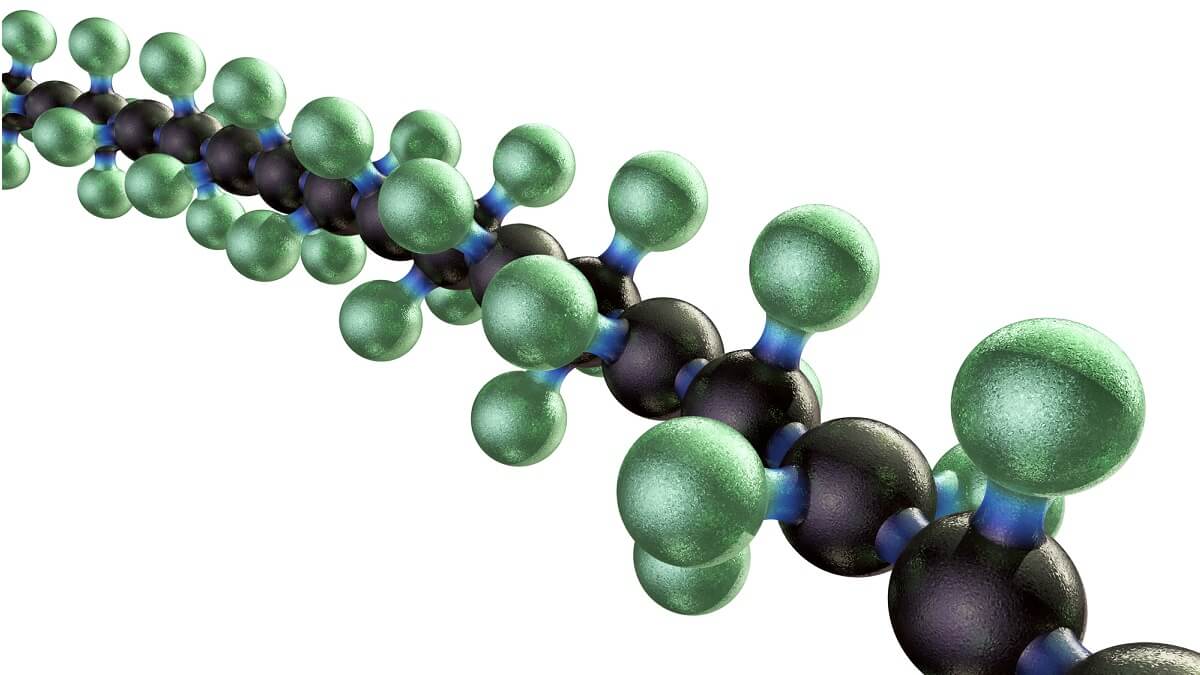Checking Out the Varied Applications and Benefits of Polymers in Different Industries
Polymers, with their varied series of residential or commercial properties and capabilities, have ended up being vital in various sectors, each reaping special take advantage of their application. Polymers. From enhancing safety and security and performance in the automotive sector to reinventing clinical devices in the health care industry, polymers play a crucial role. Furthermore, their green nature is altering the landscape of sustainability techniques. As we look into the midsts of polymers in electronic devices, we reveal cutting-edge technologies, while their structural honesty transforms the world of construction and facilities. The prevalent impact of polymers throughout industries is a testament to their convenience and adaptability, shaping the future of numerous fields.
Automotive Market Applications
Polymers play a critical duty in improving the efficiency and resilience of various parts within the automobile market. One famous use of polymers in the auto industry is in the production of lightweight elements.

Medical Care Market Advantages
In different health care applications, the advantages of utilizing polymers are commonly recognized for their diverse variety of useful buildings. Polymers play a critical duty in the medical care industry due to their versatility, biocompatibility, and cost-effectiveness. Among the main benefits of polymers in healthcare is their capability to be tailored to particular demands, such as flexibility, toughness, and biodegradability, making them excellent for a variety of clinical applications.
Polymer-based materials are extensively used in clinical gadgets, such as catheters, implants, prosthetics, and medication delivery systems, due to their biocompatibility and capacity to resemble all-natural tissues. These materials can reduce the threat of sensitive reactions or denials, boosting individual safety and outcomes. In addition, polymers are lightweight, making them suitable for wearable medical gadgets and making sure individual comfort.
In addition, polymers make it possible for the growth of cutting-edge treatment approaches, such as hydrogels for tissue design and nanocomposites for targeted medicine delivery. Their simplicity of processing and sterilization makes them crucial for maintaining high standards of health in healthcare setups. On the whole, the varied benefits find this of polymers add significantly to developments in clinical innovation and client care.
Environmental Advantages of Polymers

In addition, polymers can add to energy cost savings because of their lightweight nature. In markets such as transport, discover this light-weight polymer materials can help in reducing gas usage and greenhouse gas exhausts. In addition, polymers can make it possible for the advancement of energy-efficient items such as insulation products that enhance energy conservation in buildings.
Furthermore, polymers play an important role in reducing water pollution. The use of polymer-based filtration systems can successfully get rid of toxins and pollutants from wastewater, securing water resources and ecosystems. Overall, the ecological advantages of polymers make them useful assets in promoting sustainability and eco-friendly techniques throughout different industries.
Polymers in Electronic Devices and Modern Technology
Considering the raising need for innovative and lasting options in modern sectors, the combination of advanced polymer modern technologies in the world of electronics and modern technology has become an essential strategy for driving performance and performance. Polymers have actually transformed the electronic devices industry by enabling the manufacturing of lighter, extra adaptable, and sturdy electronic tools. From mobile phones to medical gadgets, polymers play a critical duty in improving product layout and performance.
One substantial advantage of polymers in electronic devices is their shielding buildings, which help shield delicate electronic parts from environmental aspects and here are the findings electric interference. Furthermore, polymers are essential in the advancement of adaptable displays, wearable innovation, and published electronic devices, providing limitless opportunities for creating wise and interconnected tools.
Furthermore, making use of polymers in digital product packaging has caused innovations in miniaturization and thermal management, improving the general efficiency and integrity of digital systems. As technology continues to develop, the convenience and flexibility of polymers will unquestionably drive additionally technology in the electronic devices sector, forming the future of technology.
Role of Polymers in Construction and Infrastructure
The combination of sophisticated polymer materials in building and facilities jobs has reinvented the method frameworks are created and constructed in contemporary times. Polymers use many benefits in the building market because of their flexibility, sturdiness, and cost-effectiveness. One crucial function of polymers in building is their use in finishings and sealants, offering security against environmental factors such as wetness, UV radiation, and rust. Additionally, polymers are used in the production of light-weight and high-strength composite products, improving the architectural honesty of structures while lowering general weight.
Furthermore, polymers play a crucial function in sustainable building methods by enabling the growth of energy-efficient structures. Protecting products made from polymers help control indoor temperature levels, lowering the requirement for home heating and cooling systems and inevitably lowering energy intake. The use of polymer-based composites in framework projects such as bridges and roads improves their long life and decreases upkeep costs. Overall, the consolidation of polymers in construction and infrastructure displays their substantial impact on contemporary design techniques.
Conclusion
In verdict, polymers play a vital function in various markets such as automotive, medical care, ecological, electronics, and construction. From boosting fuel efficiency in lorries to improving medical tools, polymers use various benefits.